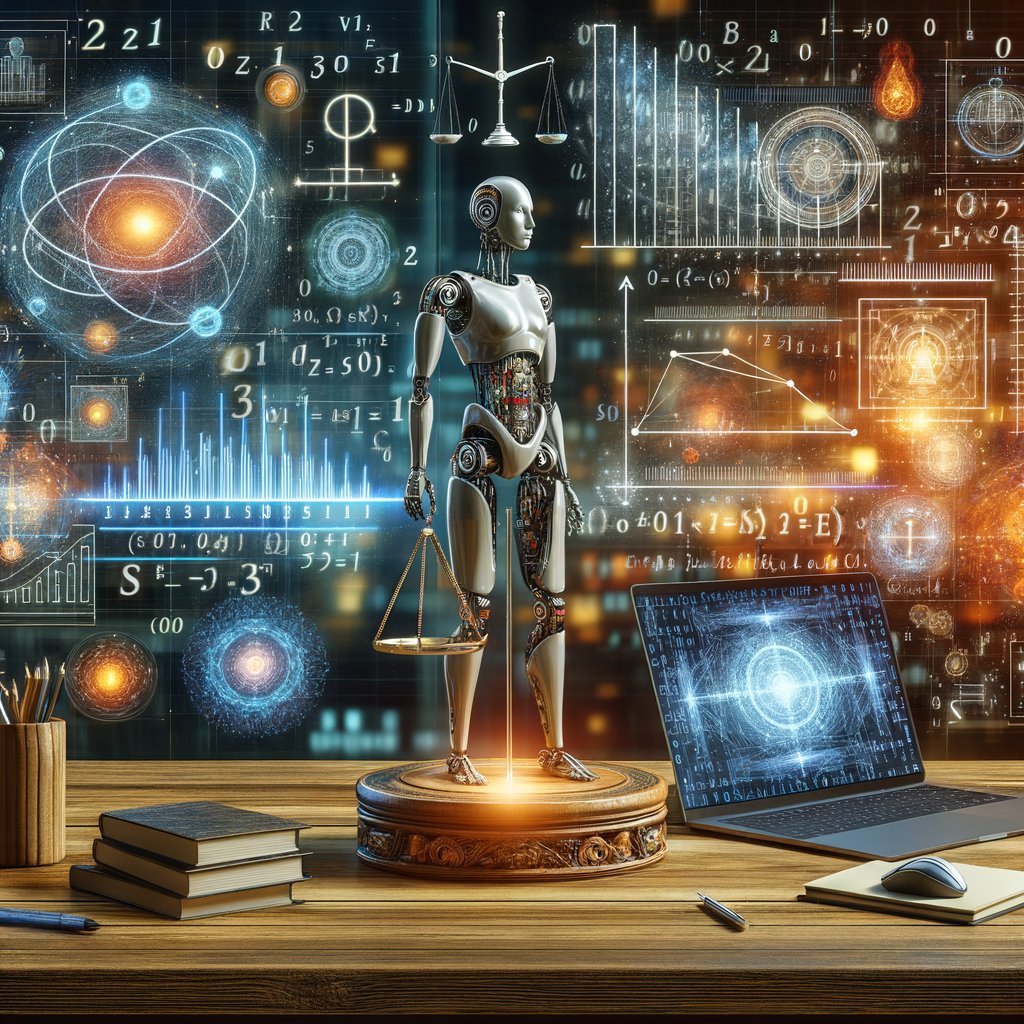Physical Address
304 North Cardinal St.
Dorchester Center, MA 02124
Physical Address
304 North Cardinal St.
Dorchester Center, MA 02124

Good day, my dear readers! It’s your friendly neighbourhood author, Emily Foster, here to add a touch of sunshine to your tech talk. Today, we’re diving into the fascinating and slightly mind-boggling world of artificial intelligence (AI). More specifically, we’re going to be exploring the ethical implications of AI. So grab a cuppa, get comfy and let’s delve into this intriguing topic together.
Remember when Rosie the Robot from ‘The Jetsons’ seemed like a far-off fantasy? Well, fast-forward a few decades and we’ve got Siri on our phones and Alexa running our homes. It’s safe to say that AI is no longer just science fiction; it’s interwoven into the fabric of our everyday lives.
From self-driving cars to algorithms that recommend what movie you should watch next on Netflix (mine seems convinced I’d love every single rom-com ever made), AI is everywhere. And while it certainly makes life more convenient, it also raises some serious ethical questions.
AI presents us with an array of ethical dilemmas that would make even Socrates scratch his head in confusion. These range from issues around privacy and consent to concerns about job displacement and potential misuse by malevolent actors.
Let’s start with privacy. In order for AI systems like Google Assistant or Facebook’s ad algorithm to work effectively, they need access to vast amounts of personal data. But how much information are we comfortable sharing? And who gets to decide what constitutes ‘too much’?
Moving onto consent – when we use these AI systems, are we fully aware of how our data is being used? And do we have a real choice in the matter, or is it simply a case of ‘accept these terms and conditions or miss out’?
Another hot-button issue is the impact of AI on employment. There’s no denying that automation has the potential to displace jobs, particularly in industries like manufacturing. On one hand, this could lead to increased efficiency and productivity. On the other hand, what happens to those whose livelihoods are threatened by these technological advances?
And then there’s the question of responsibility. If an AI system makes a mistake (for instance, if a self-driving car causes an accident), who’s to blame? The creators of the software? The users? Or perhaps even the AI itself?
Finally, let’s not forget about the potential misuse of AI technology. Imagine for a moment that nefarious individuals or groups get their hands on powerful AI systems. The damage they could inflict – from spreading disinformation to launching cyber attacks – is frankly terrifying.
In light of all these ethical conundrums, it’s clear that we need guidelines for developing and using AI responsibly. But creating these rules isn’t as simple as you might think.
The challenge lies in finding a balance between harnessing the benefits of AI (like improved efficiency and convenience) while mitigating its risks (such as privacy invasion and job displacement). And this needs to be done in a way that respects everyone’s rights and values.
A good starting point might be involving a diverse range of stakeholders in discussions about AI ethics – including tech developers, policymakers, ethicists and ordinary users like you and me.
At the end of the day, AI is here to stay. It’s up to us to ensure that it’s used in a way that benefits all of humanity, rather than causing harm.
So let’s keep asking tough questions, demanding transparency from tech companies and pushing for ethical guidelines. Because while Rosie the Robot might be a charming character from a cartoon, the implications of real-world AI are anything but fictional.
Until next time, dear readers – stay curious, stay informed and remember: even in the world of artificial intelligence, there’s nothing quite like good old-fashioned human wisdom.